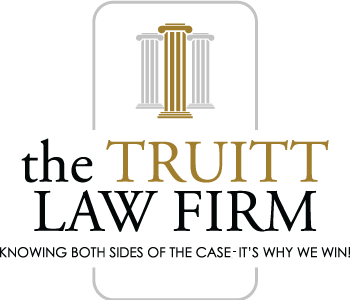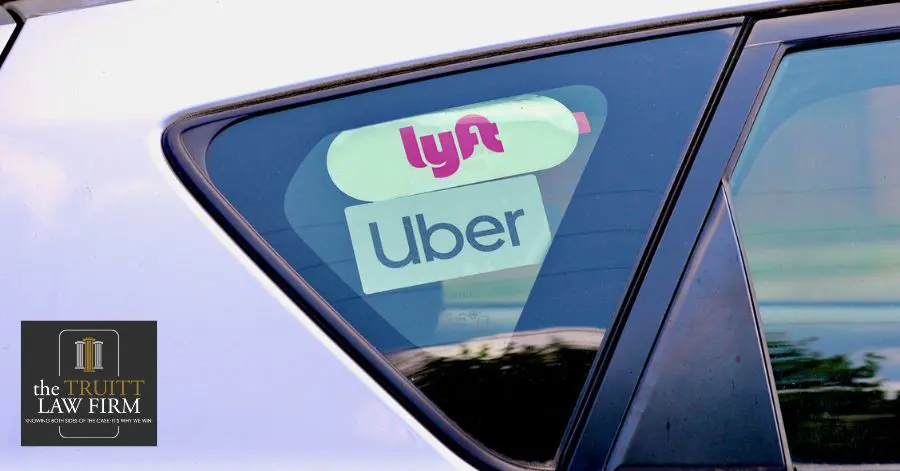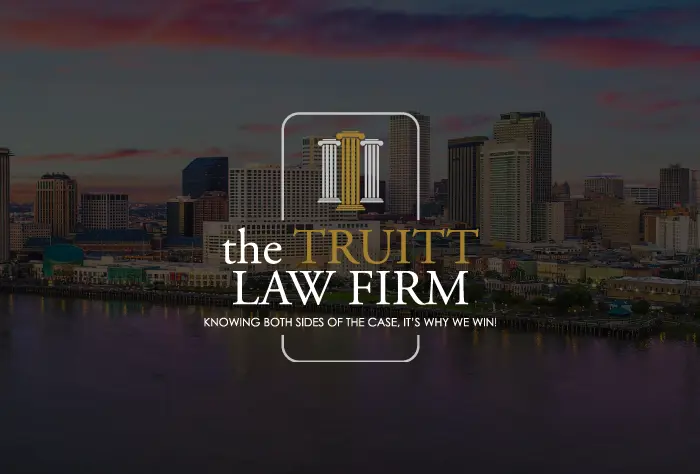In Louisiana, rideshare services offer convenience, but they also introduce new complexities to our roads and our personal injury landscape. For any Louisiana resident—whether you rely on these apps or share the road with them—understanding the risks is the first step for protection.
Rideshare accidents might pose a bigger risk in urban areas like New Orleans and Baton Rouge. With an aggressive and strategic mindset, we cut through the confusion to reveal the common causes behind these accidents and, more importantly, how you secure your legal position when a crash occurs.
Distracted Driving: The Smartphone Hazard
The nature of the rideshare business practically guarantees a major risk: distracted driving. Rideshare drivers rely on their phones for navigation, managing ride requests, and communicating with passengers. This split focus means their attention is often divided between the app and the road, leading to slower reaction times and missed safety cues like traffic signals.
Driver Fatigue and Aggressive Tactics
Many rideshare drivers work extended or irregular hours to maximize earnings, which significantly increases the risk of driver fatigue. A fatigued driver has impaired judgment, slower reactions, and is more prone to micro-naps—all recipes for a severe accident.
Compounding this is the pressure to complete rides quickly, which can push drivers toward reckless and aggressive maneuvers. Speeding, tailgating, and weaving through traffic are dangerous shortcuts that prioritize income over passenger safety.
Inadequate Vehicle Maintenance and Stopping Practices
Unlike licensed taxi companies, rideshare companies typically classify drivers as independent contractors and impose few or no strict maintenance requirements. This leaves upkeep largely to the individual driver, often resulting in mechanical issues that contribute to a wreck, such as worn tires or brake failures. Additionally, unexpected stops for passenger pickups and drop-offs can force high-risk maneuvers, increasing the likelihood of collisions.
Your Battle Plan After a Rideshare Accident
If you or a loved one is injured in a rideshare crash, your immediate, strategic actions are critical for your financial recovery. Louisiana is an "at-fault" state, meaning the responsible party must cover your damages, but determining liability in a rideshare case is complex due to multiple insurance layers.
Prioritize Safety and Medical Care: Your health comes first. Immediately seek medical attention, even if your injuries seem minor. Adrenaline can mask severe symptoms, and prompt medical documentation is vital for your claim.
Document Everything, Immediately: This is a key tactical move. Call the police to ensure an accident report is filed. Then, take photos of the scene, vehicle damage, and road conditions. Most critically, screenshot the ride details from the app—the driver's name, license plate, and your trip status (crucial for determining insurance coverage).
Be Strategic with Insurers: You must report the accident to the rideshare company, but be warned: anything you say can be used to reduce your claim. Do not give a recorded statement to any insurance adjuster without legal counsel.
Talk to Rideshare Accident Attorneys
Rideshare claims are complex, often involving the driver’s personal insurance, the rideshare company’s substantial $1 million commercial policy, and potentially your own uninsured/underinsured motorist coverage. Navigating these waters alone is a liability. You need a team that is not just experienced, but tested in high-stakes litigation.
If you are a victim in a rideshare accident, don't leave your recovery to chance. Get the legal strategy built on deep experience. The Truitt Law Firm is here to help. We are ready to put our results-focused advocacy to work and fight harder for the compensation you deserve.
Call us today at (985) 308-9946 for a free consultation.





